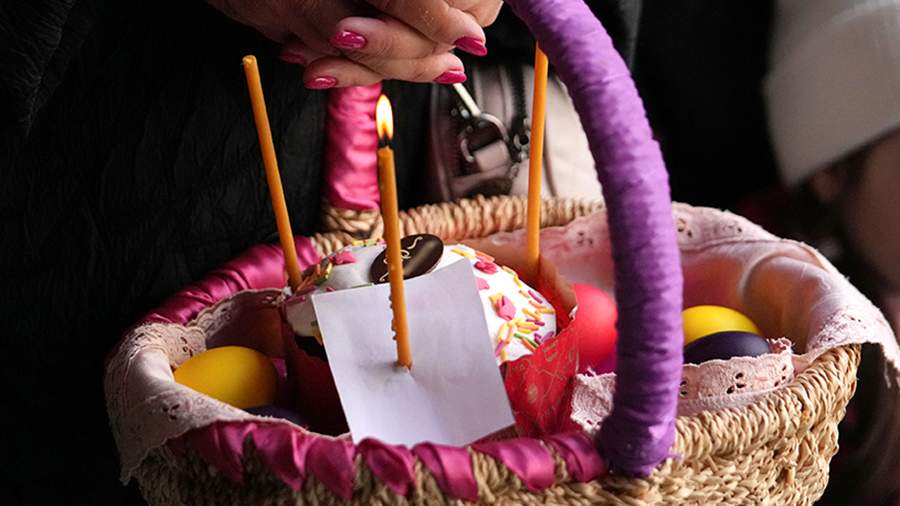Catholic and Orthodox Easter will be on the same day in 2025

Easter, or the Resurrection of Christ, is the most important feast for both the Orthodox and Catholic churches. It symbolizes Christ's victory over death, which opened the way for people to salvation and eternal life. "Izvestia tells you on what day the light celebration falls in 2025 and what its date depends on.
When Catholic and Orthodox Easter in 2025 in Russia and in the world
Easter refers to the transient church holidays. This means that every year its date changes depending on the lunar calendar. In 2025, the Orthodox and Catholic Resurrection of Christ will be celebrated on the same day - April 20. This happens once every few years due to differences in the chronological systems of different denominations.
Why Easter is on the same day for Catholics and Orthodox in 2025
The Orthodox and Catholic churches determine the date of Easter with the help of Paschalia - a special system of calculation based on the solar-lunar calendar. In ancient times there were several different Paschalias, because of which the dates of Christ's Resurrection could differ from place to place. However, after the Council of Nicaea in 325, the churches came to a single date - the Sunday after the first full moon, which follows the vernal equinox.
The modern Orthodox Church and some Catholics of the Byzantine rite adhere to the Julian calendar, established by Julius Caesar in 45 BC. And here the Western Church since 1582 lives on the Gregorian calendar which has entered into use by Pope Gregory XIII. The difference between two systems of chronology makes 13 days.
The secular life of Russia since 1918 is also tied to the Gregorian calendar - such a decision was made by the Council of People's Commissars of the RSFSR to synchronize the country with European countries. However, the Church refused to switch to the new calendar, continuing to live on the "old style". Therefore, the dates in the Orthodox and secular calendars do not coincide.
Hence the discrepancy in the time of celebration of the main Orthodox and Catholic celebrations. Thus, the Western Church celebrates Christmas on December 25, while the Eastern Church celebrates it on January 7.
However, Easter is a "mobile" holiday, which is celebrated from April 4 to May 8 (March 22 and April 25, O.S.) and depends on the phase of the Moon. Due to the peculiarities of the Moon's orbit around the Earth, the dates of the Catholic and Orthodox holidays periodically coincide. In the XXI century this has happened seven times. Christians of all denominations will again celebrate the Resurrection of Christ on the same day in 2028, 2031, 2034, 2037, 2038 and 2041.
When Lent begins in 2025
Before Easter, Orthodox Christians observe a strict Great Lent. In 2025 it will last from March 3 to April 19. During this time, believers do not eat meat, eggs, dairy products and fish (the latter is allowed twice during the fast, on the Annunciation and the Entrance of the Lord into Jerusalem), as well as do not participate in entertainment events. It is believed that such a long period of fasting is established in memory of Jesus Christ's stay in the desert, where he spent 40 days in prayer and abstinence.
Catholics also adhere to Lent, but their strict food restrictions apply to only three days: Ash Wednesday (the first day of Lent), Good Friday and Great Saturday (the last two days before Easter). The rest of the time, the faithful are allowed to eat any foods. In 2025, the Catholic Lent will last from March 5 to April 19.
Earlier "Izvestia" shared the calendar of Orthodox fasts for 2025.
Переведено сервисом «Яндекс Переводчик»
